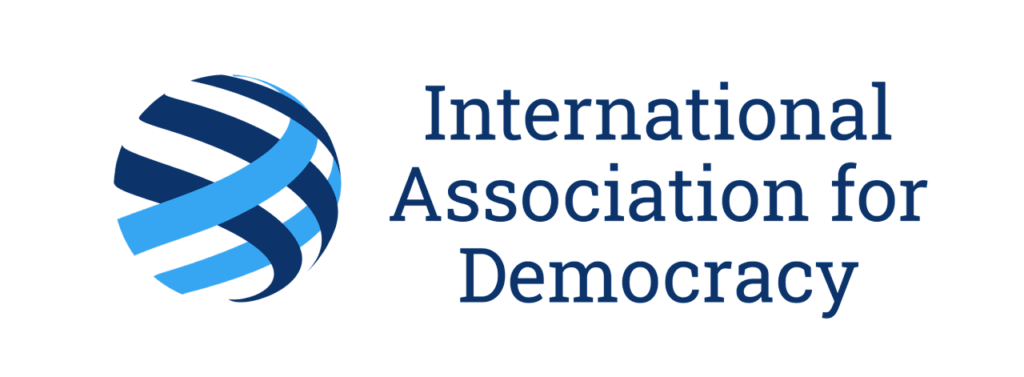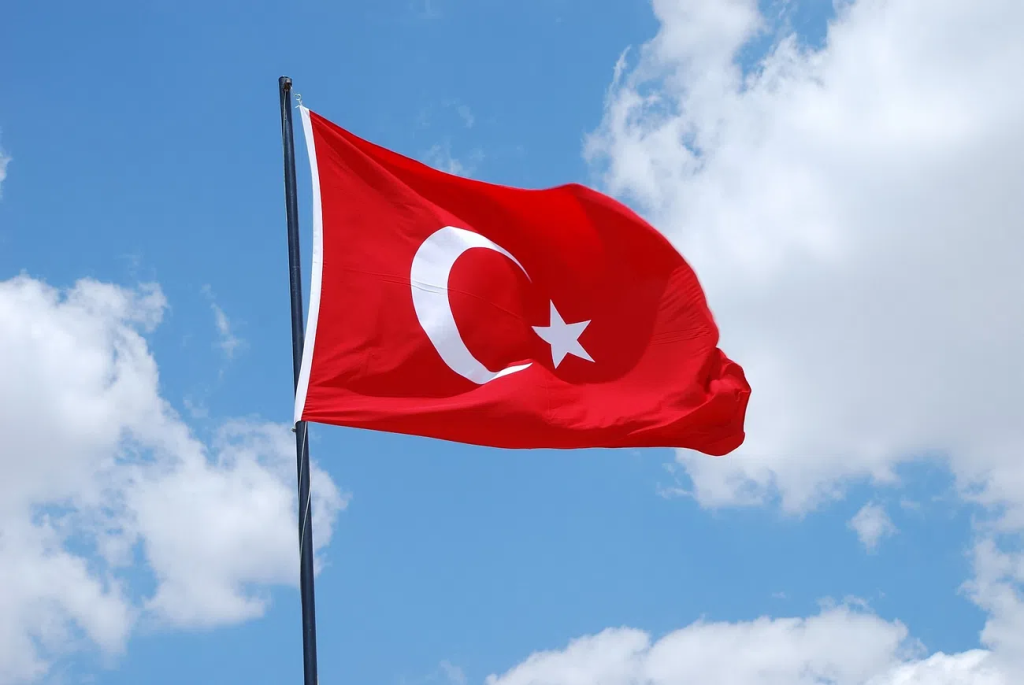Lack of institutional and international support for Turkey’s protestors condemns the country to continue its authoritarian drift
After jailing his main political rival in future elections, opposition candidate Ekrem İmamoğlu, critics fear that Turkish President Tayyip Erdoğan “seems to have crossed the Rubicon“. However, it is becoming increasingly clear that Erdogan will be able to maintain his competitive authoritarian regime because limited pushback from the judiciary may allow him to tread a fine line of suppression without overtly destroying Turkey’s legal and political norms. Competitive authoritarianism refers to regimes in which the incumbents use the arms of the state to suppress forms of democracy and opposition while being ‘unable to eliminate them or reduce them to a mere façade’. Although some, such as Freedom House, have recently questioned if this latest upheaval is the end of competitive autocracy in Turkey, the lack of resistance from other arms of the state and international support for Turkish liberals will most likely mean that Erdogan will be able to maintain the current competitive autocratic status quo.
For the current regime to survive, Erdoğan must neutralise İmamoğlu’s political future while avoiding a public uprising. İmamoğlu, Istanbul’s mayor, was detained in March pending a corruption trial. The opposition party (CHP) announced him as their candidate despite the arrest. They claimed 15 million people voted in their primary after they opened the voting to the public, representing one in four eligible voters. The size of this support was reportedly because many voted in solidarity with him, showing widespread support for an opposition movement within Turkey.
The regime’s response has been to launch an assault on freedom of expression and the press. Following the announcement of his arrest, protests broke out across the country. Hundreds of thousands marched in Istanbul and other major cities. In response, the government banned public gatherings and detained nearly 2,000 people. Turkey effectively banned all coverage of the protests and imposed significant restrictions on access to all social media. This includes the recent suspension of Imamoglu’s account on X, raising concerns about the extent to which
X is cooperating with the regime. The repression of the press, speech, and the freedom of speech has been systematic and widespread. It has included the detention of journalists, including the arrest of a Swedish journalist, who was recently given a suspended sentence, and the deportation of a BBC correspondent. Although the protests reached a peak in late March and early April, the crowds have since dwindled. Without sustained momentum, Erdoğan may have successfully suppressed the movement without declaring outright dictatorship.
Crucially, the judiciary has shown little independence, thus supporting the authoritarian status quo by alleviating both Erdogan and the country from a constitutional crisis. Since Erdoğan consolidated power following the 2016 coup attempt, he has gained near-total control over the courts, police, and bureaucracy. Without the outright refusal of the profession, from both sides of the bench, to carry out the regime’s assault on human rights, the movement may fail to gain wider institutional support. Unfortunately, a decision on the 14th of April by the Istanbul Criminal Court of First Instance upheld İmamoğlu’s detention pending his corruption trial, a clear indication of the judiciary’s complicity or fear. İmamoğlu appealed to “honourable” judges to act in defence of the rule of law, but such calls have gone unanswered. Lawyers and opposition figures continue to face harassment and arrest, with no court successfully halting the state’s actions. The state has begun mass trials of protestors and journalists and was able to quell May Day protests in Istanbul, showing its ability to suppress the opposition without substantive legal resistance. Therefore, there has been no inflection point of institutional resistance to Erdogan, relieving him of the need to openly declare the end of the independence of the judiciary.
The Western World’s silence on this issue is both deafening and disheartening. Without pressure from outside the state, liberal campaigners within Turkey will lose momentum. European powers have economic and strategic reasons for caution. Countries like Italy are deepening ties with Turkey, and more broadly, the West is hesitant to jeopardise relations with a NATO ally that plays a strategic role in opposing Russia’s aggression in Ukraine. Opposition party leader (CHP), Özgür Özel, recently laid out a three-point plan to challenge Erdogan in the Financial Times, but it seems his pleas for support are falling on deliberately deaf Western ears. Erdogan has thus successfully ensured muted Western responses by positioning Turkey centrally in the Ukraine conflict and offering to further act as a counter to Russia in the Black Sea, as it had done previously in Syria.
The lack of support from liberal powers may be the death knell for the longevity of the current opposition movement. Turkey’s citizens have shown remarkable courage. Their willingness to protest, even under the threat of arrest, reflects a society that still values democratic principles. If there is no meaningful halting of the regime’s repression, there will be no need for the regime to become overtly dictatorial. Instead, in the absence of substantial resistance from institutions and with little international intervention, Turkey appears poised to continue down its current authoritarian path.
Declan Sharp,Digital Media officer for the International Association for Democracy (IAD)
Mail: press@iad.ngo


